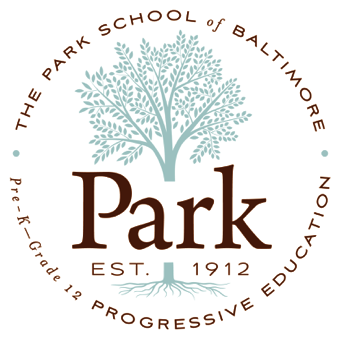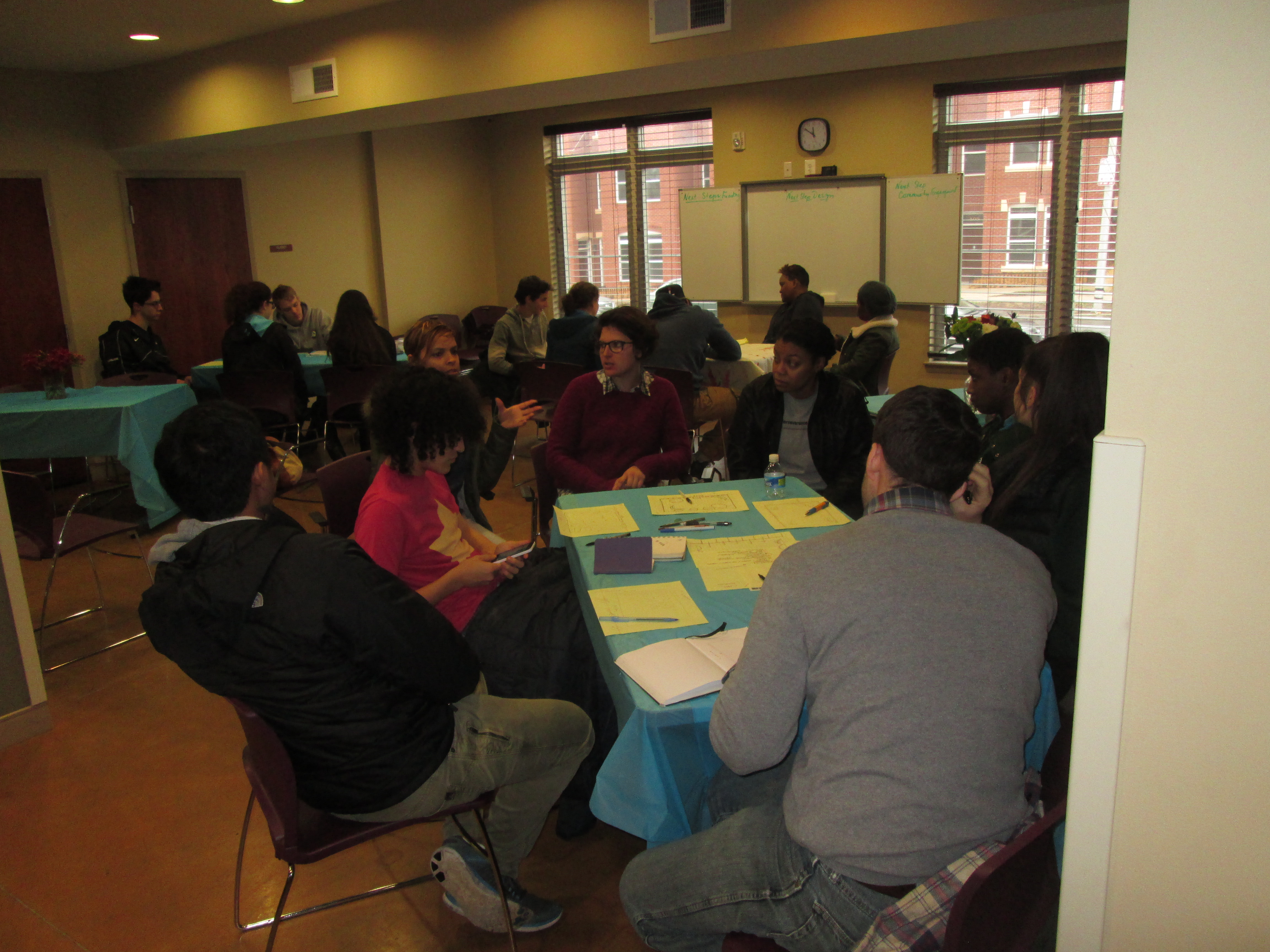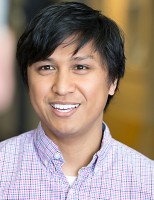News
Member Profile- Park School of Baltimore
The Park School of Baltimore was founded in 1912 on the principles of innovative teaching, progressivism, and diversity in  all its definitions. At a time when schools were segregated for race, religion, and other defining factors, Park was founded as the first non-sectarian independent school in Baltimore and was the first school to admit African American students in 1954. Over the course of more than a century, Park School has held firmly to its roots and stayed true to three basic assumptions:
all its definitions. At a time when schools were segregated for race, religion, and other defining factors, Park was founded as the first non-sectarian independent school in Baltimore and was the first school to admit African American students in 1954. Over the course of more than a century, Park School has held firmly to its roots and stayed true to three basic assumptions:
First, human beings are capable and desirous of rational self-discipline and of acting towards others with respect, kindness, concern, open-mindedness, and moral conviction. Second, the activity of learning is an expression of positive energies, fulfills natural impulse and enriches life. Third, authentic learning flourishes when people work, think, and collaborate within a diverse community. (parkschool.org/philosophy)
The Park School philosophy states that authentic learning, growth, and maturation should not be limited to the classroom alone, but rather learning takes place in every situation in which a child is placed. For that reason, Park has dedicated itself to establishing real-life learning opportunities for their students and teachers through their diverse array of community engagement programs in all divisions of the school. The following are only a small portion of the programs at Park.
Lower School Curricular Goals
Curricular goals for first graders at Park include working on their reading fluency and developing mutual respect. Fortunately, that does not mean that the students have to remain in their classrooms to practice these skills. Five times a year, first graders visit Trinity House, a subsidized senior housing center in Towson, Maryland, to read with their senior buddies. Coincidentally, the senior center’s strategic plan has established a goal to provide residents with more opportunities to remain active. With a mutually beneficial partnership, the Park students and the seniors from the center have developed sustainable trust-based relationships, providing meaningful learning opportunities for all.
Upper School Students Grow Opportunities
In the wake of Freddie Gray’s death and the unrest in Baltimore, Park students worked with Civic Works Community Lot Team to help transform vacant lots in the city into community gardens. As a result of this work, a number of Park Upper School students expressed interest in being involved in the complete rehabilitation process, including finding abandoned lots, designing the green space, and converting the unused lots in the city into vibrant outdoor spaces for families and communities.

 design once they heard that structures on the green space such as picnic tables and play structures were unwelcome (to discourage loitering), and they participated in writing a portion of a grant that would eventually award the project more than $16,000. The HCPI Spruce-Up Grant, funded by the Central Baltimore Partnership, Maryland Department of Housing andCommunity Development, and Johns Hopkins University, has a two-year cycle, and the Park students have committed to being a part of the entire process from start to finish. In addition, this fall Upper School students will design and build objects for the neighborhood in a new visual arts course created to support the transformation of vacant lots in Baltimore. Rommel Loria, Director of Civic Engagement at Park School, said “the plan that was eventually generated was an effort in total collaboration.”
design once they heard that structures on the green space such as picnic tables and play structures were unwelcome (to discourage loitering), and they participated in writing a portion of a grant that would eventually award the project more than $16,000. The HCPI Spruce-Up Grant, funded by the Central Baltimore Partnership, Maryland Department of Housing andCommunity Development, and Johns Hopkins University, has a two-year cycle, and the Park students have committed to being a part of the entire process from start to finish. In addition, this fall Upper School students will design and build objects for the neighborhood in a new visual arts course created to support the transformation of vacant lots in Baltimore. Rommel Loria, Director of Civic Engagement at Park School, said “the plan that was eventually generated was an effort in total collaboration.”
Collaboration through Professional Development
For the past 25 years, the F. Parvin Sharpless Faculty and Curricular Advancement program (FACA) — an innovative, endowed program for professional development — has been an essential component of summer learning for Park teachers. In the spirit of their commitment to public and private partnerships, Park School has partnered with City Neighbors High School to collaborate on a professional level starting in summer 2016. Funded by an E.E. Ford Foundation grant of $50,000 and matching dollars from Park, this partnership will allow the schools to foster their already existing relationship and build on their mutual expertise in the progressive education field. With the understanding that teachers learn best by working with one another, Park and City Neighbors faculty will spend their summers fully immersed in their craft, challenging themselves to further their practice. To read more about this program, click here.
View All News Items